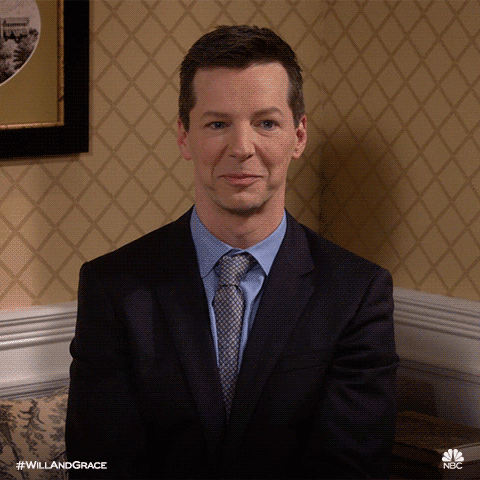I Can No Longer Keep My Blinds Drawn
/From: thejerx
To: stasiab
Subject: Cover
Hey Stasia,
Do you think you'd have time to do a cover painting/illustration or whatever for the next book over the next couple of weeks?
I know it's last minute, but I didn't really know what I wanted to do with the cover until a little bit ago.
Let me know! Hope all is well.
From: stasiab
To: thejerx
Hey Andy,
I would love to do the cover for you! And I do have availability the next couple of weeks, so let me know what you’re thinking!
From: thejerx
To: stasiab
okay, the front and back cover are going to be one image. It's going to be, more or less, this image of Joni Mitchell and David Crosby
With these changes:
1. Crosby's hat should be a magician's top hat
2. He should be rolling a coin on his left knuckles
3. Joni isn't playing the guitar. She's concentrating on doing something with a deck of cards.
4. There should be a bunny in the grass near Joni.
As for what she's doing with the deck of cards, I don't really care. Something that looks magical. She can be holding a deck in one hand with a card or cards floating above it, or whatever.
The rabbit can be sleeping, or sitting and looking up at Joni, whatever you feel like drawing.
I've attached the template for the book cover. In general the guy will be on the front cover and the woman on the back. You'll probably have to add some "padding" around the image or crop it in some way to make it fit the dimension of the cover. Whatever you need to do there is fine.
Stylistically I'd like something on the realistic end of the spectrum. Not necessarily "photo realism" but realistic human features and proportions and stuff like that. Beyond that, whatever style, technique, medium you want to use is up to you.
Let me know if that makes sense or if you have any questions.
Thanks!
From: stasiab
To: thejerx
Cool, I think you’ve covered all the bases I need to start. I’ll let you know if I have any questions pop up. What’s your deadline for this?
Thank you Andy!
From: thejerx
To: stasiab
Ideally, in the first few days of July.
Also, if you have a recommendation for what endsheet color would complement the cover, let me know. Thanks.
From: stasiab
To: thejerx
Andy,
Here’s progress on the cover! I will continue working on this, and when I get to the color stage I will consider complimentary end sheet colors! Thoughts so far? I’m really enjoying this and will keep you updated.
Stasia
From: thejerx
To: stasiab
I'm loving it! So good.
From: stasiab
To: thejerx
Hey Andy,
I’m happy to announce the new masterpiece that is your cover is done! I’ve uploaded it to the folder, along with the elephant illustration.
For endpaper color, I recommend both the saffron and the turquoise, both would be great. Do let me know what you think!!!
From: thejerx
To: stasiab
It’s beautiful!!
The hardcover proof of the next book is here. For supporters at the Rich Uncle Millionaire-level, the book ships in October. More details on that will be in your email at the end of this month to make sure I have the correct shipping info for you.
The next book’s subtitle is taken from the final essay in the book: Young Girls Are Coming To the Canyon. This essay looks at the fundamental ways of making magic a more communal experience (as opposed to a magician-centric one) and relates it to the Laurel Canyon music scene from the late-60s, early 70s.
If you want to do your homework before you get the book, you can watch this video. This is the soundtrack and inspiration for the final essay in the book.
(And to save anyone from having to write an email, no, there will be no extra copies of the book available.)

















